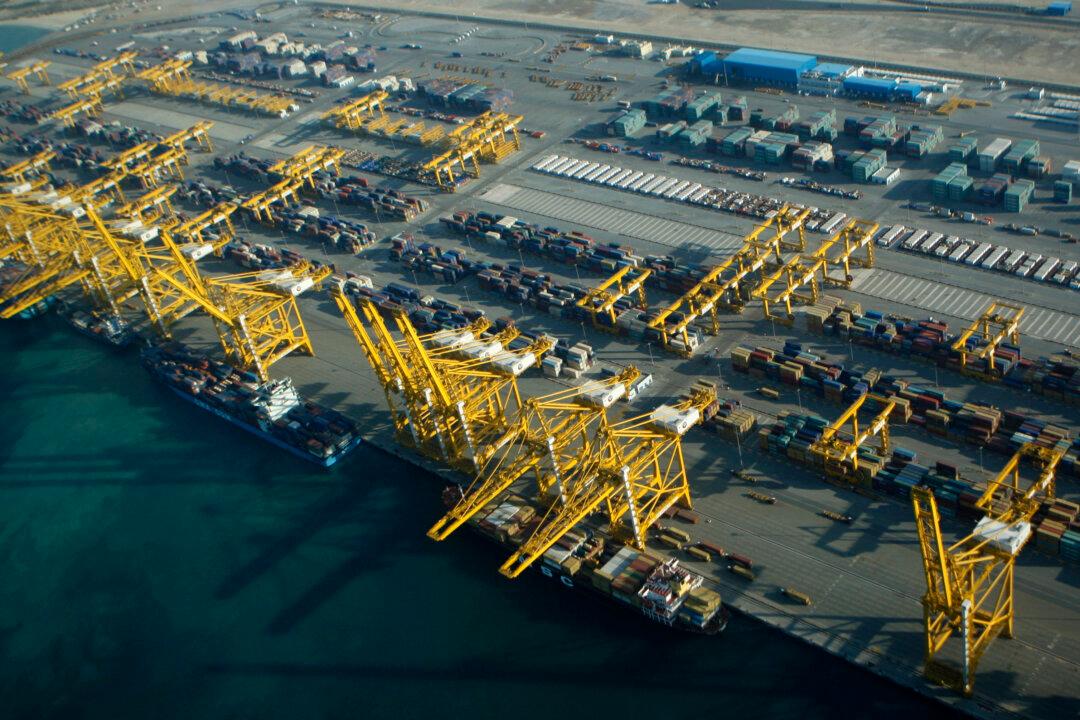JOHANNESBURG—A notorious Irish crime group, described by the United States government as “a murderous organization involved in trafficking drugs and firearms,” is active in South Africa, according to several intelligence officials and senior members of law enforcement agencies in the country.
An officer with one of South Africa’s elite units focusing on organized crime told The Epoch Times, on condition of anonymity: “Information provided to us from colleagues in America and Europe indicate that the Kinahan cartel is involved in illegal gold and tobacco smuggling, and also drugs including cocaine.





